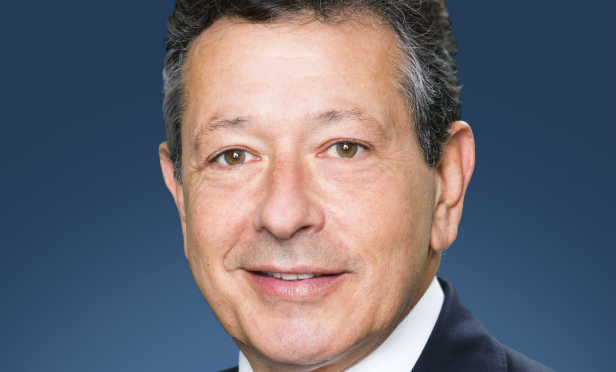
Last year, Chinese investment in the US fell 80% following new outbound capital restrictions set in place by the Chinese government. The regulations were intended to stop what the Chinese government has called “irrational” investment behavior. Investors from China sat on the sidelines last year, but renewed implementation of the restrictions last fall may mean that this is the new normal, according to Greg Karns, a partner at Cox, Castle & Nicholson and an expert in Asian investing. We sat down with Karns for an exclusive interview to talk about the substantial drop in Chinese investing and where Chinese capital is heading in 2018.
GlobeSt.com: Why did we see such a steep decline in Chinese investment in 2017?
Greg Karns: Dating back to 2016 and being implemented in 2017, the Chinese government brought in new—not so new now—regulations that clamp down on certain outbound investments. They went into effect in 2017, and commercial real estate in general is on the bad list. Investments in those kinds of assets had been the most popular assets that the Chinese were investing in in the US, and now largely off limits. I think that a lot of Chinese investors spent last year thinking that this wouldn't last too long, and I think that the regulations reinforced or renewed last fall, and so I think this is the foreseeable future the new normal.
GlobeSt.com: Have these restrictions targeted specific investors?
Karns: These are designed to catch bigger fish and restrict bigger companies, so some individuals are able to get through. It isn't industry of investor specific. The new regulations restrict investment in real estate as a whole, bit specifically, hotels, offices, entertainment and then in the indirect equity investment funds that are not property specific. Hotels were the top investment class for Chinese investment in 2016, but there was less hotel investment last year and will likely be even less this year. You won't see another Waldorf Astoria soon.
GlobeSt.com: What was the impetus for the Chinese government to implement these capital restrictions?
Karns: I think it is to reduce overseas investment risk. They are restricted, so the investments are much more scrutinized. It isn't impossible, but the level of scrutiny make it effectively impossible. There was also some concern of the level of investment. It was higher in 2016 than it was in 2015, which was higher that 2014, and so on. In terms of outbound investment into these commercial real estate assets. I think the government was also concerned about the amount of Chinese investment capital that was going to somewhat speculative investments from which the Chinese government or the country itself doesn't really derive a benefit. Right now, I think Chinese investors are investing more in tech and biotech and incubator types of industries. Companies that have that kind of real estate assets are going to see money from China. Infrastructure is also an encouraged area. It helps the government, and the government sees it as technology that will improve things back home. Investments that improve China's technology and research in manufacturing and energy are encourage. Also, investments a long the silk road, so out of China to the west toward Africa, are encouraged because that is a trade route and that is other opportunities that the Chinese government is looking to exploit. There are areas that Chinese investors can invest overseas, but they are more tied to other services.
GlobeSt.com: Is it unusual to see a government makes these kinds of rules about outbound capital investment, or is this something that we have seen from other countries?
Karns: No, it has not been unusual even for China to change policies abruptly. I think what makes it more unusual now is that China had for some years had become more of an international player in finance markets. Some people look at these controls as somewhat protectionist. That really doesn't support a country that is looking to become more international with its currency and capital markets, and that hopes one day to be a currency of settlement like the dollar and the euro. You really have to be willing to let the market dictate more that China is currently allowing. I think that what makes it unusual is that China has gotten to a point where it has on the international stage, and then implements these restrictions. This kind of control is a step further for an economy their size. That is unusual. Smaller countries where it would be less noticeable, I don't think people find that as alarming. We are seeing several of the biggest investors being pressured to sell their assets. I think that Wanda's sight in Beverly Hills is not going to get built. I have heard that HNA is also under pressure to sell assets. It really is a dramatic shift, and it is leaving a mark not just in our market but in several of the bigger market players over the last five years.
GlobeSt.com: What are your expectations for Chinese investment this year?
Karns: I expect for these Chinese investment groups to continue to refocus on projects that are not commercial real estate investments, like infrastructure investment, R&D facilities, health-related facilities. I think Chinese investors are really trying to understand them now and to see if those will get approved.
© 2025 ALM Global, LLC, All Rights Reserved. Request academic re-use from www.copyright.com. All other uses, submit a request to [email protected]. For more information visit Asset & Logo Licensing.







